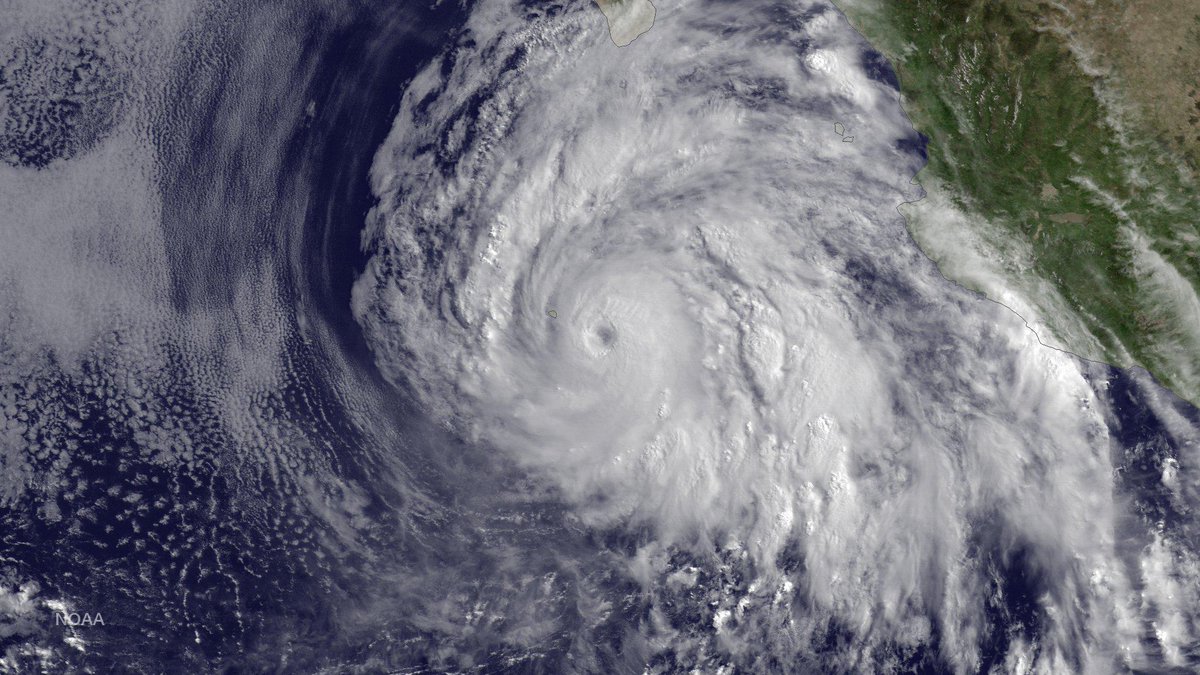

By jointly announcing commitments to control emissions in advance of Paris, President Obama and President Jinping broke the diplomatic deadlock that gave credence to arguments for doing nothing.

In the U.S., pointing to China has been the go-to move for people who oppose carbon regulation but can’t bring themselves to deny the climate science. The confidence we can draw from this historic gathering in New York is that no country and no person is acting alone in the face of a crisis we must avert together.įor decades, fossil fuel interests and their allies in government have insisted that cutting emissions would inflict economic pain without checking temperature rise.

We are, all of us, under a pressing deadline to lead change. China and the U.S., among many others including Canada, are promising to ratify the agreement this year.Īs the UN’s Christiana Figueres remarked last week, this agreement comes at least “ ten years too late.” But “at two minutes to midnight,” there is no looking back. On Friday, most of the world’s biggest carbon polluters-including the U.S., China, India, the European Union, and Brazil-are signing up for emissions cuts. Do their signatures herald a turning point? Will our children’s children learn to revere the Paris Agreement as the global charter that secured their future? It depends on what we do-or fail to do-in the next two years to implement and strengthen the agreement.Īs soon as 55 countries, accounting for 55% of the world’s greenhouse gas emissions, have signed and ratified the Paris agreement, it will enter into binding force. On Earth Day, more than 170 countries signed the global climate deal reached in Paris last December. The stroke of a pen has been known to shape the course of history.


 0 kommentar(er)
0 kommentar(er)
